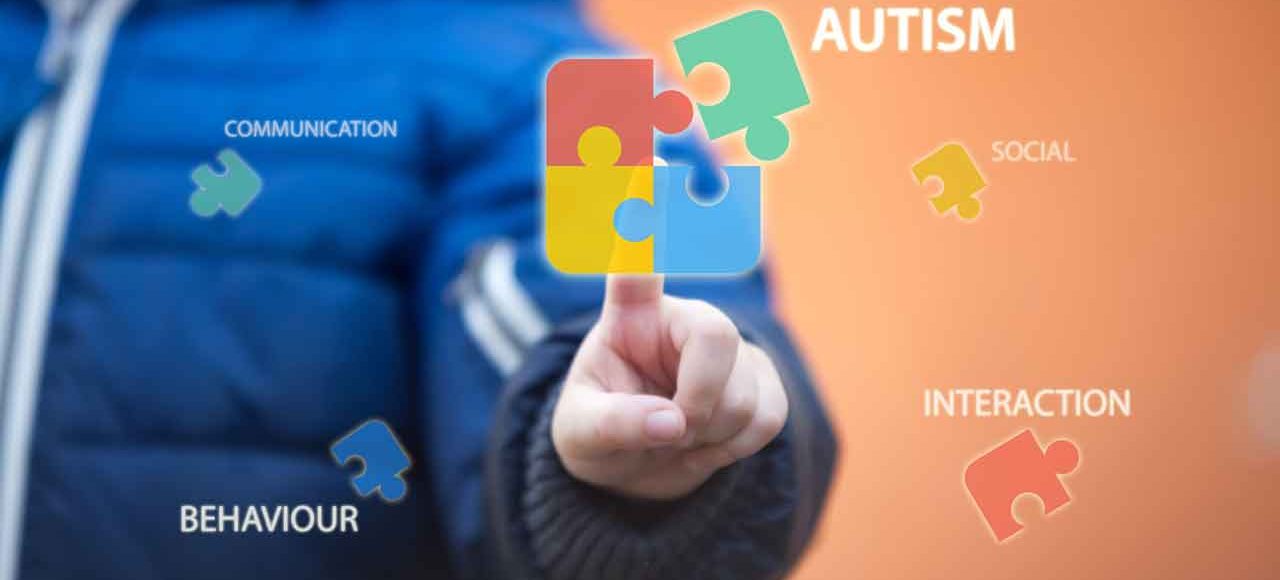
Early Signs of Autism
Detection is often made when your child is at least two. But you or a teacher who spends a lot of time with your child may recognize the early signs of autism.
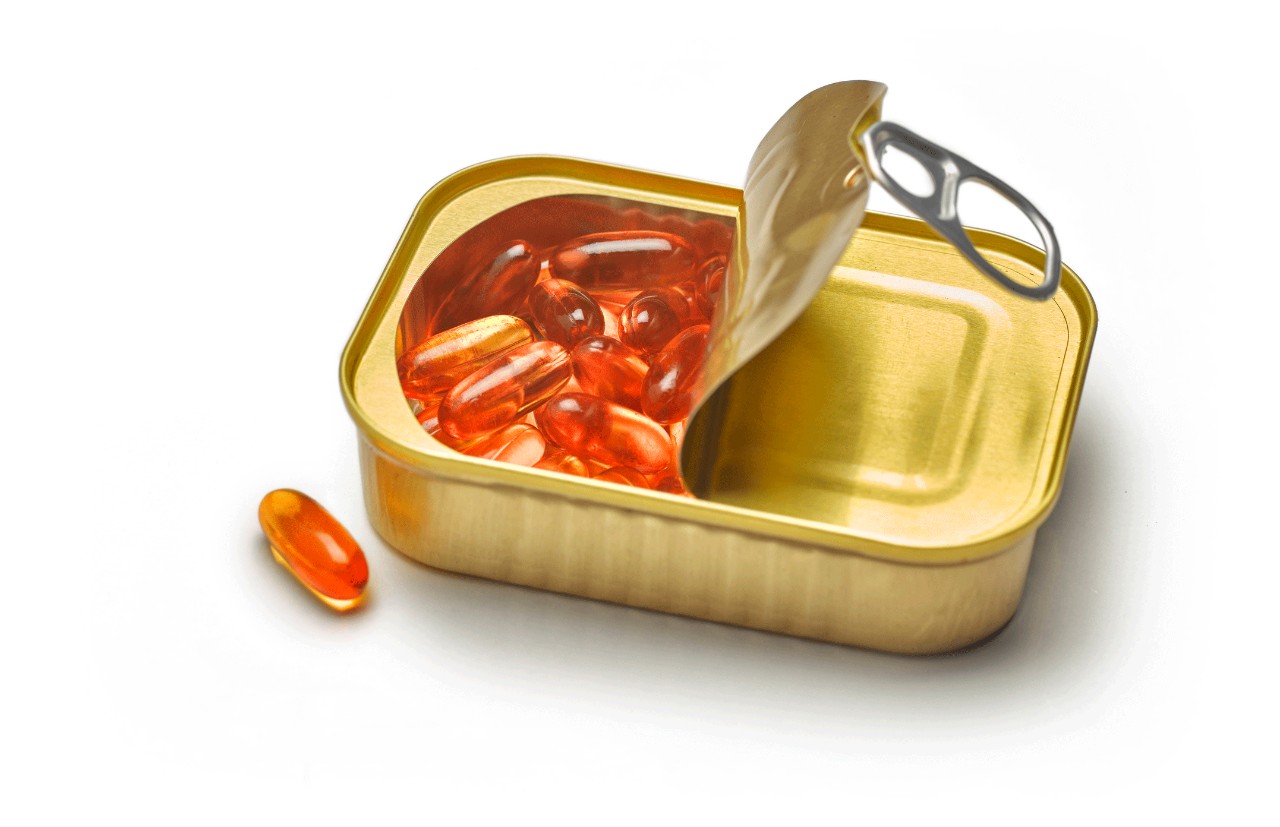
Homeopathy is sometimes promoted as a safe, natural treatment for autism. But multiple studies debunking homeopathic treatments for autism show it doesn’t work.
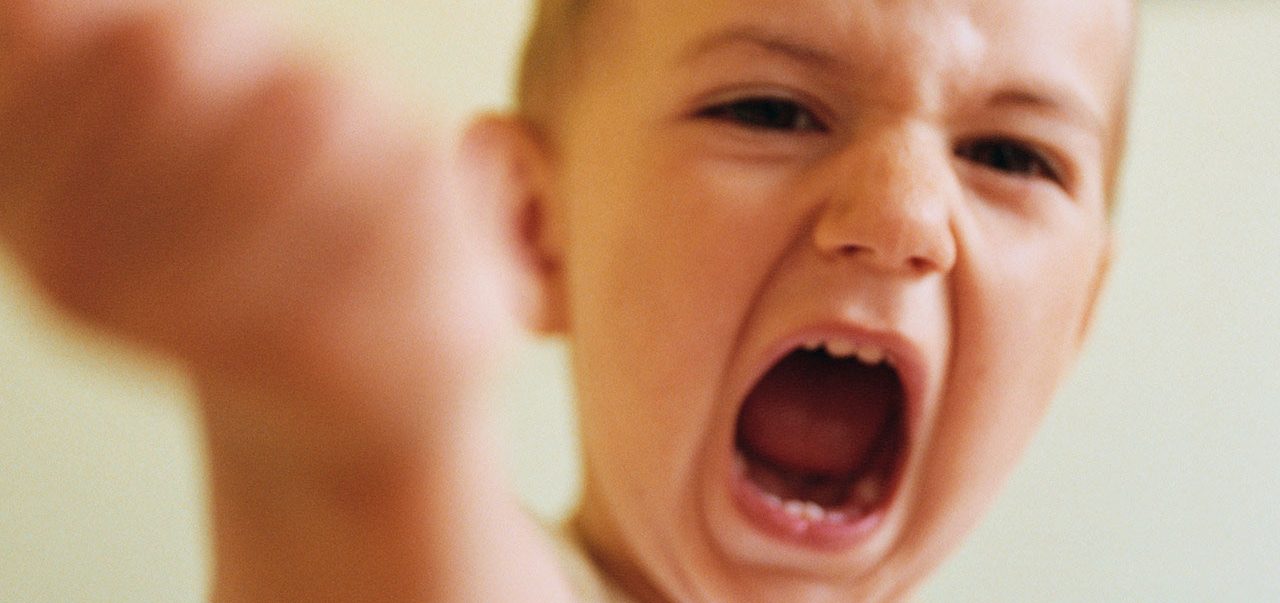
Parents are often told by their pediatricians that they shouldn’t worry.
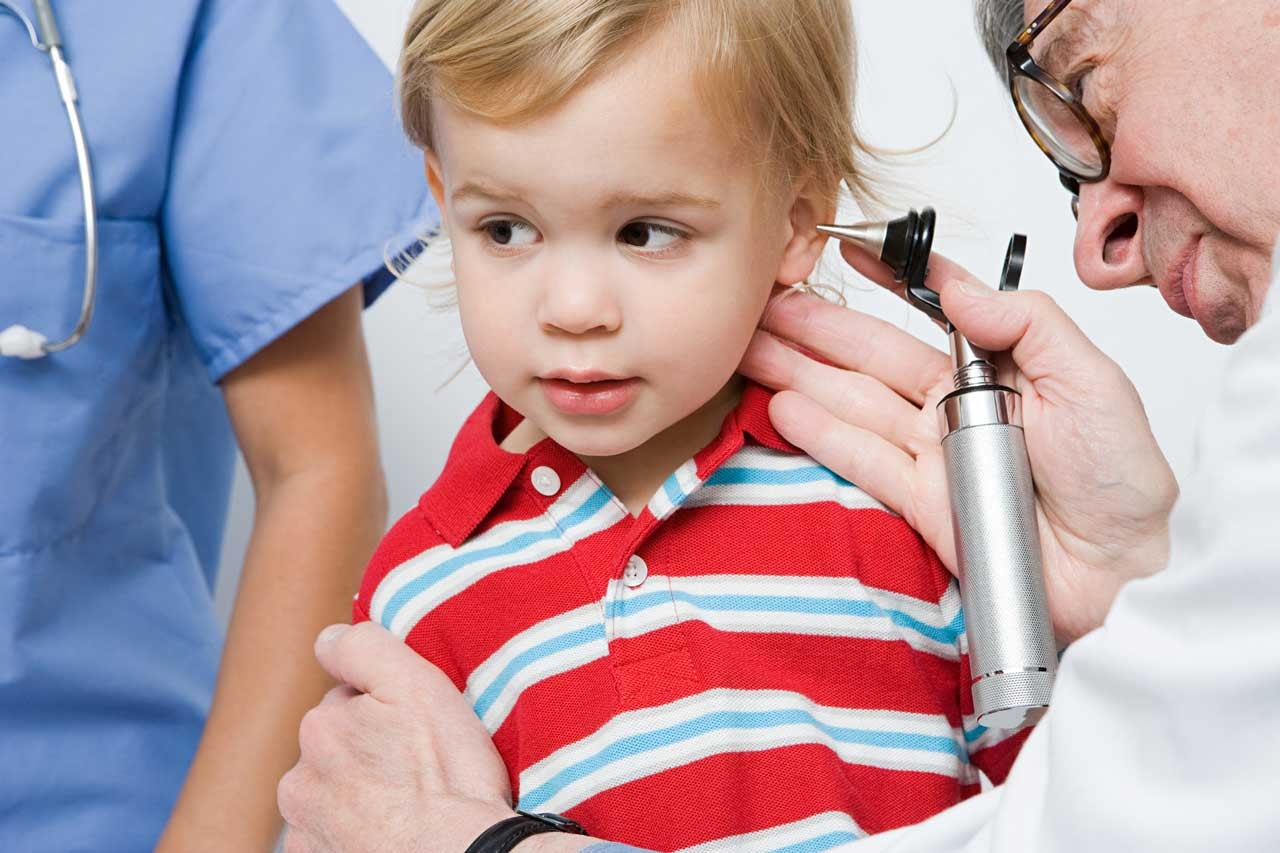
Have your child screened for hearing problems and evaluated for developmental issues, if you see these signs or simply have a hunch something is wrong.
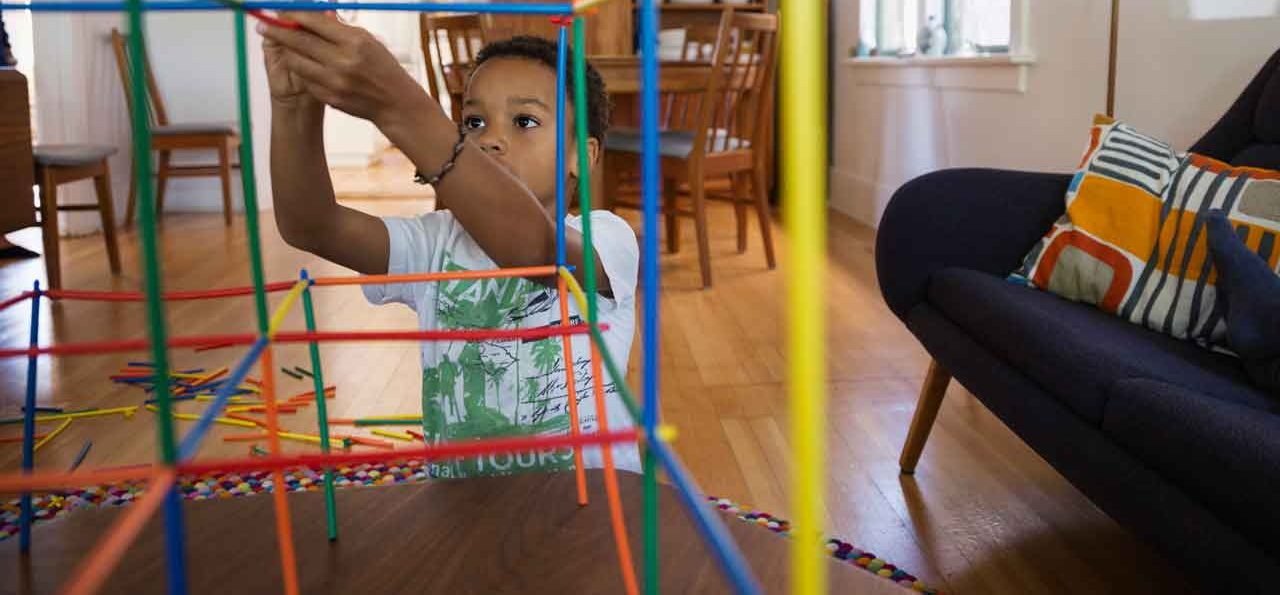
The surge in kids receiving an autism diagnosis, instead of other conditions, may be mostly a matter of definition. Here's what you should know.

Imaging shows reading therapy improves their brain connections.

Research supports the idea of a gut-brain connection to autism. In fact, the gut may be involved in many mental health issues. Here's what you should know.
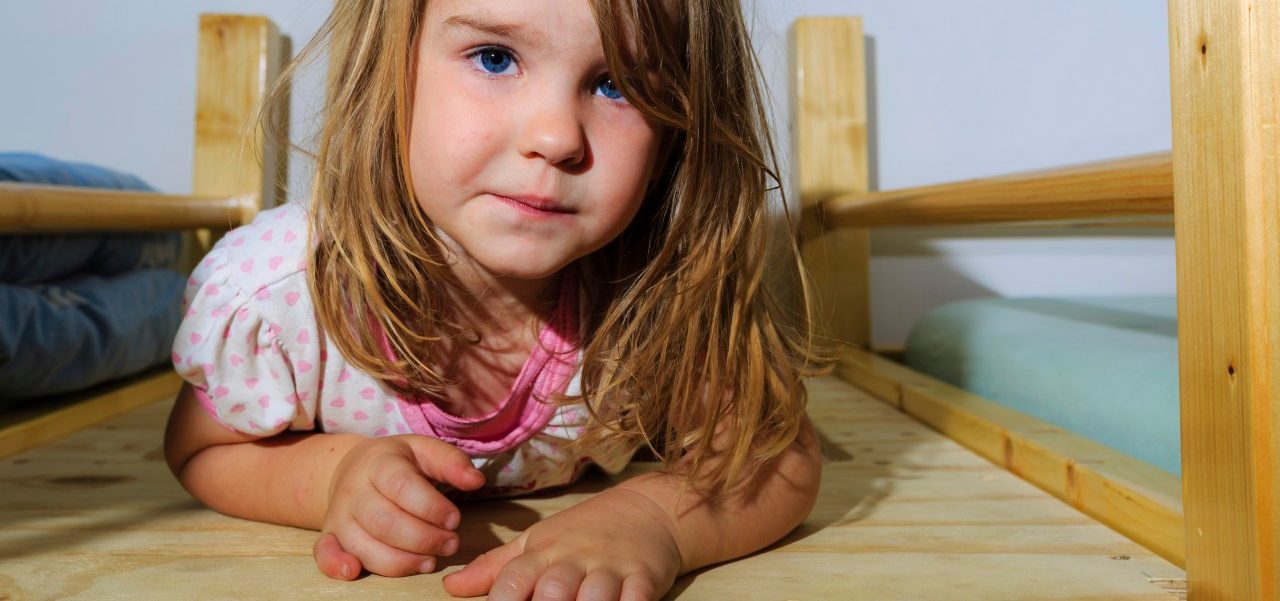
Children on the autism spectrum are often described as lacking empathy. If that’s true, how can they understand how others are feeling? The answer isn’t simple.

Make working out a daily routine if your child is on the autism spectrum. Research shows exercise may help improve your child’s social skills.

Interacting with others can be difficult even though most children on the spectrum want friends.

Many children on the spectrum start speaking at late milestones.

Scientists do not yet know exactly what causes autism spectrum disorder (ASD), but suspect that several factors might be at work in each case. Learn more.
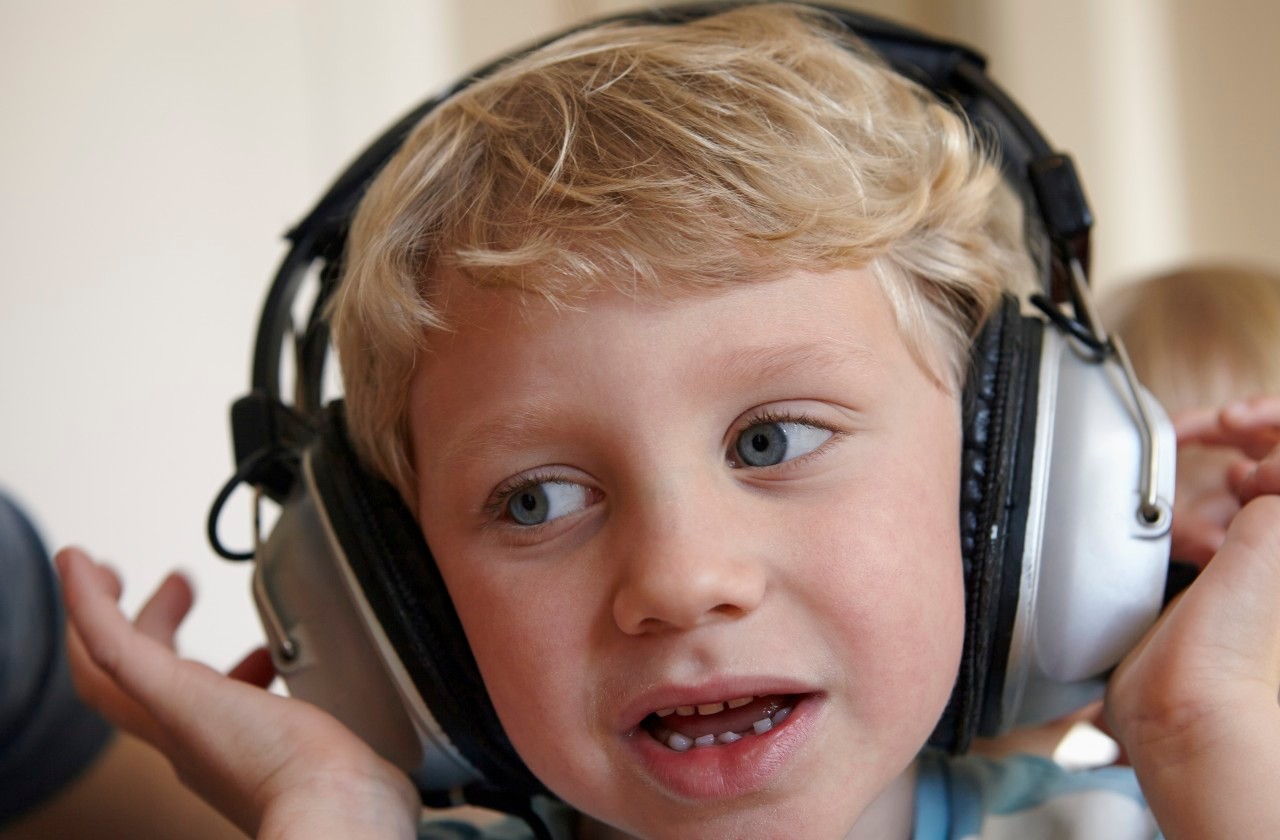
Opting for targeted treatments instead of a one-size-fits-all approach brings hope to people on the spectrum and their families.

Why did he jump like that? Maybe because he has sensory processing disorder, and the tag on his shirt feels like a crawling spider.

Chronic illness and disabilities can affect everyone in your family. Here’s how to help your child manage his feelings.
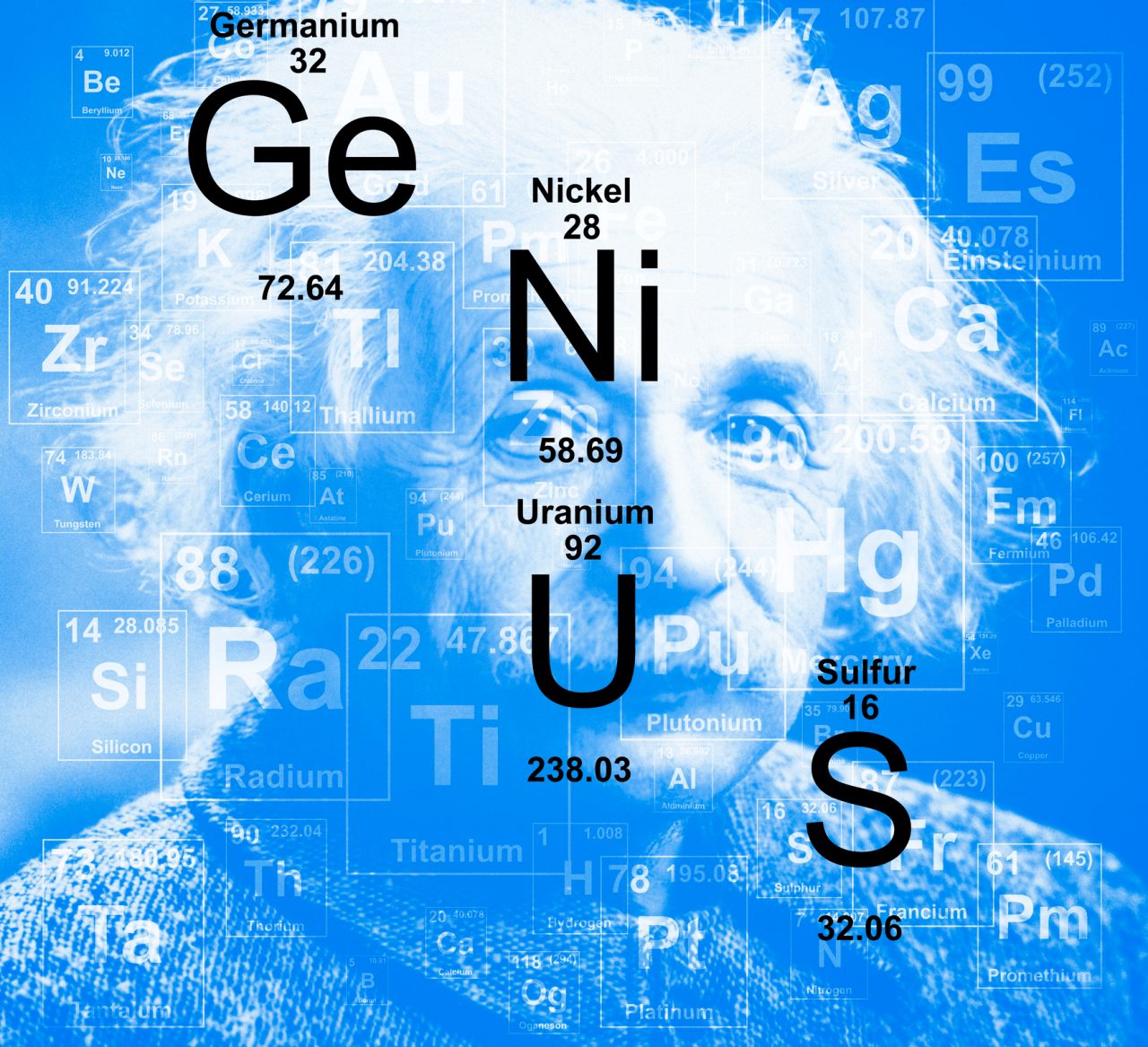
Asperger’s syndrome has become one of many sets of symptoms grouped as autism spectrum disorder.
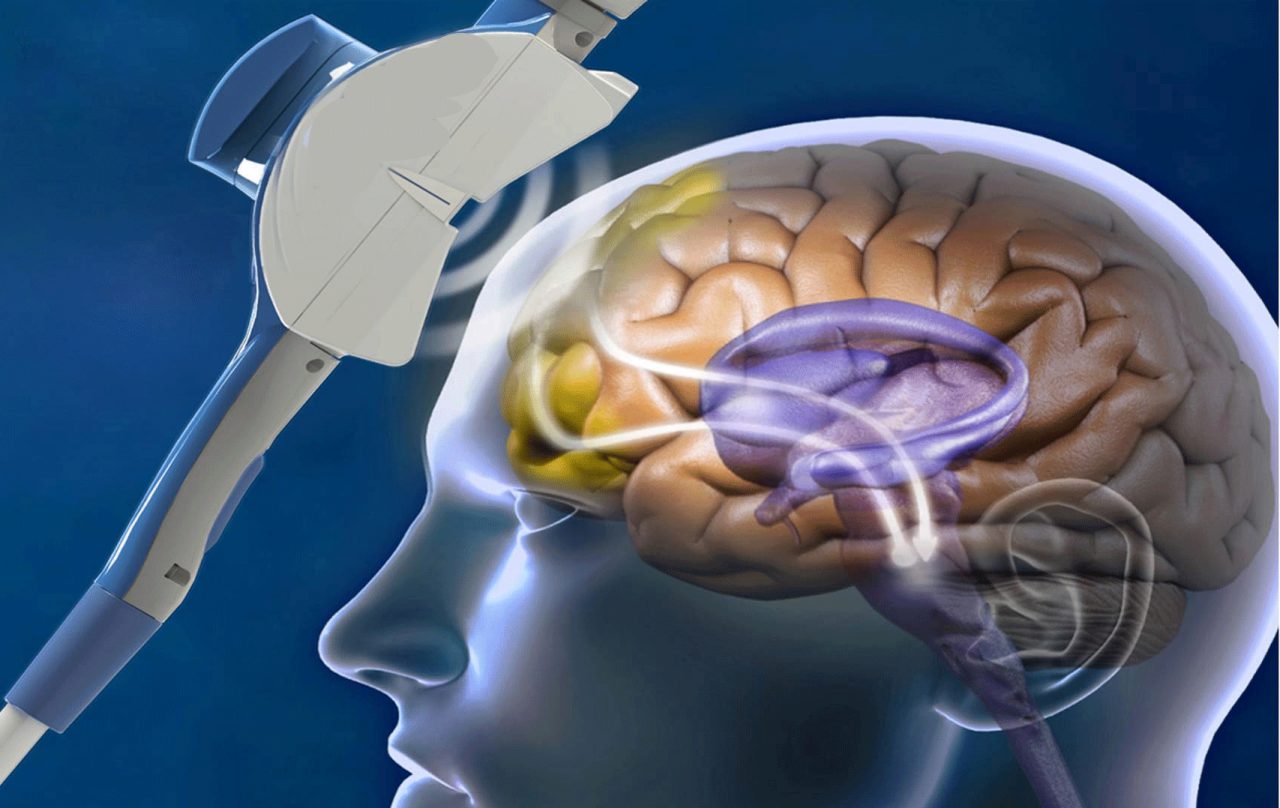
Researchers are studying how transcranial magnetic stimulation (TMS) affects the brain. But it’s not yet approved as a safe, effective therapy for autism.